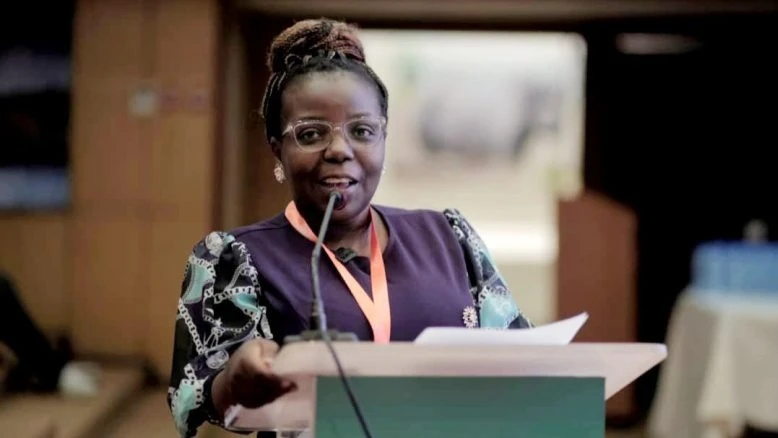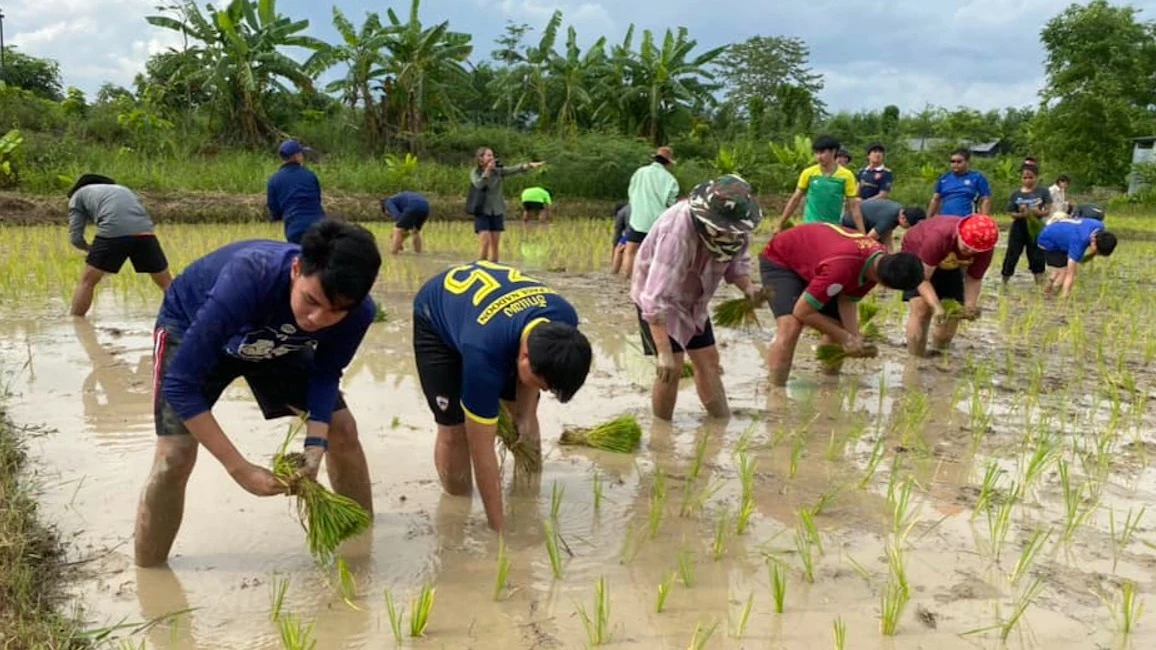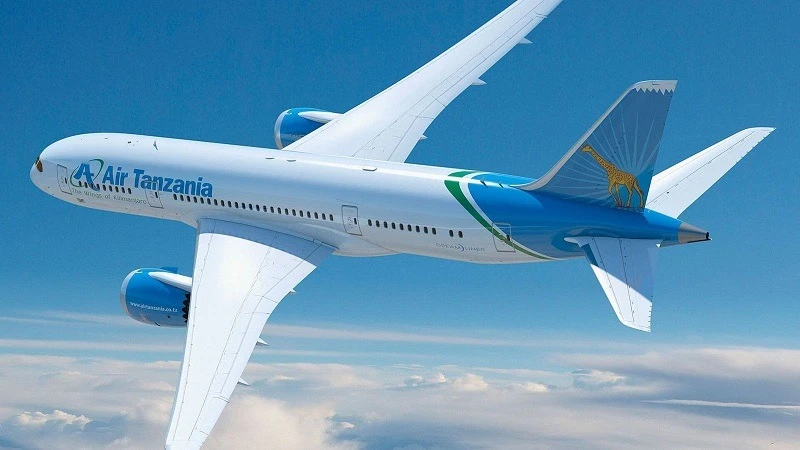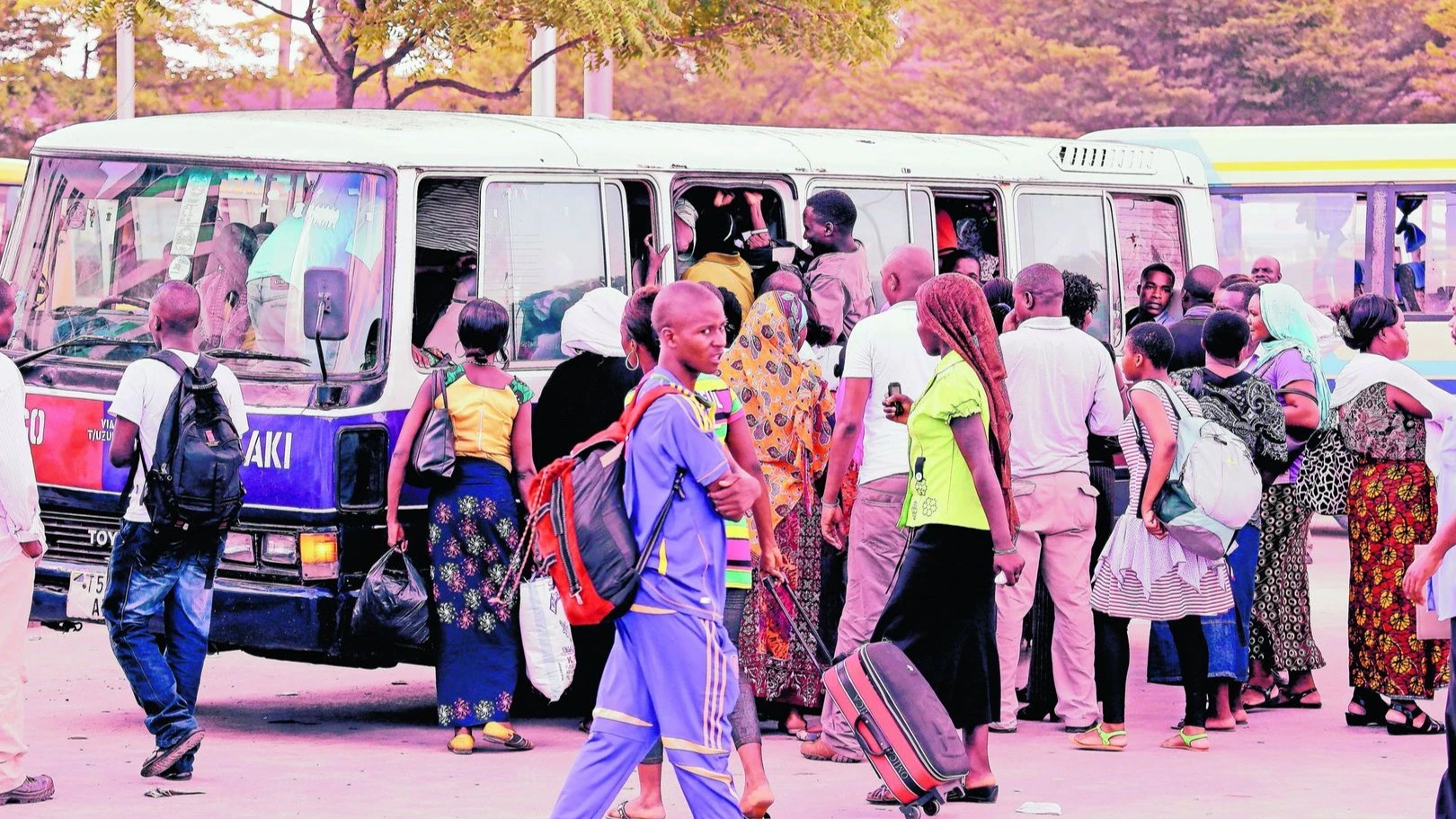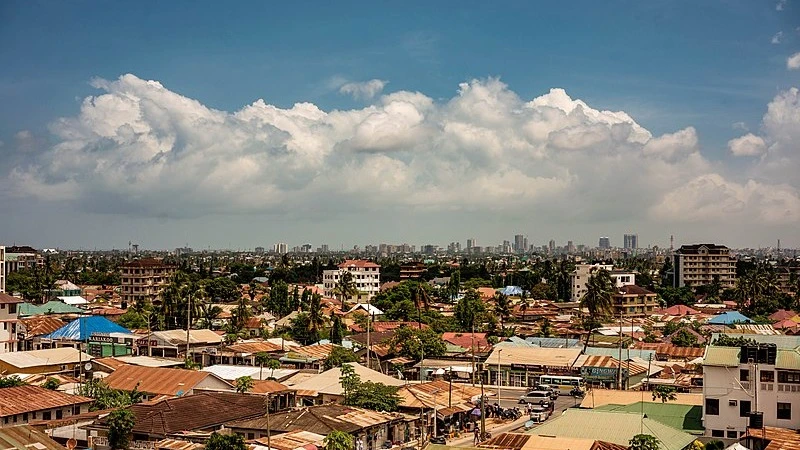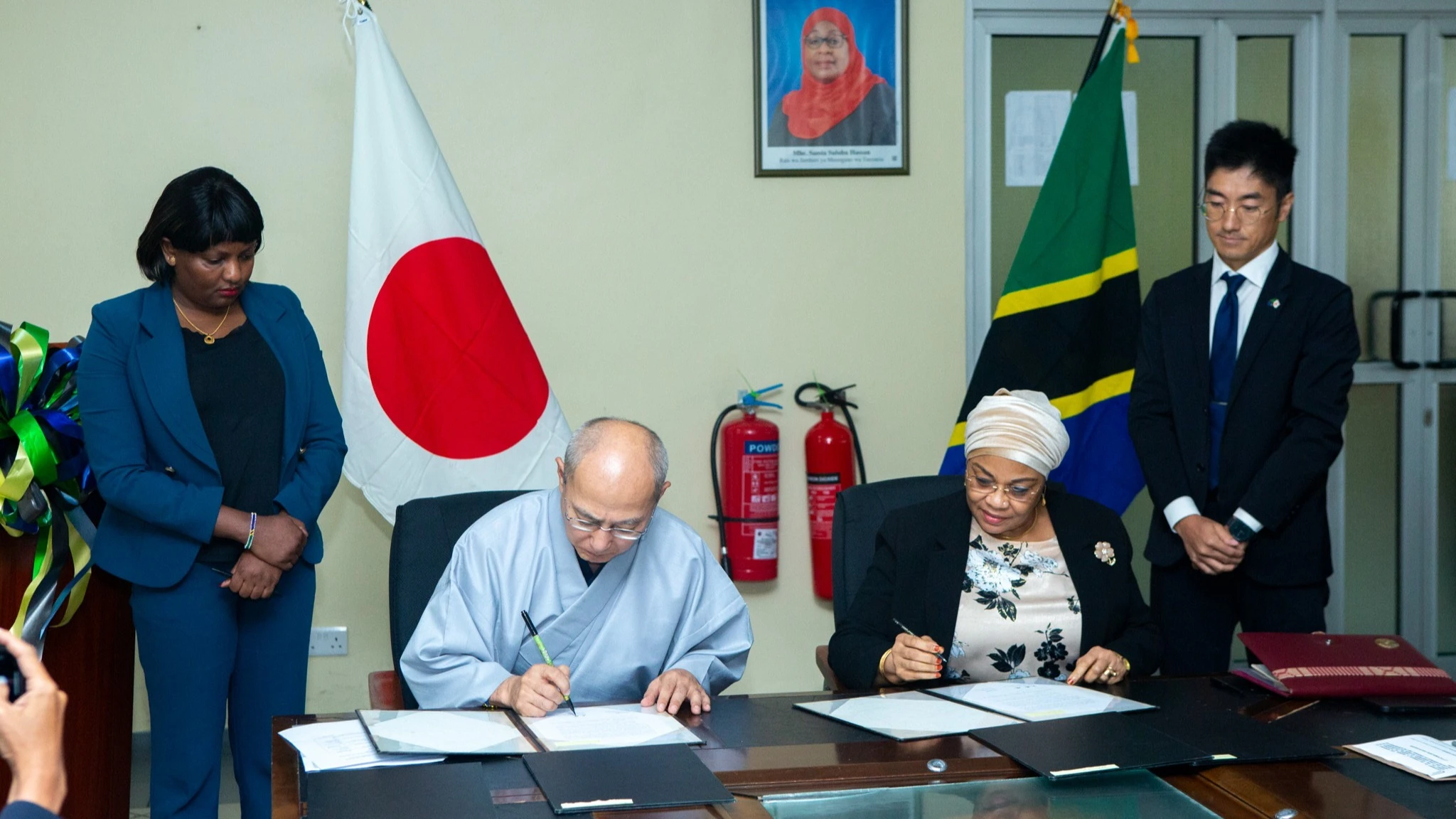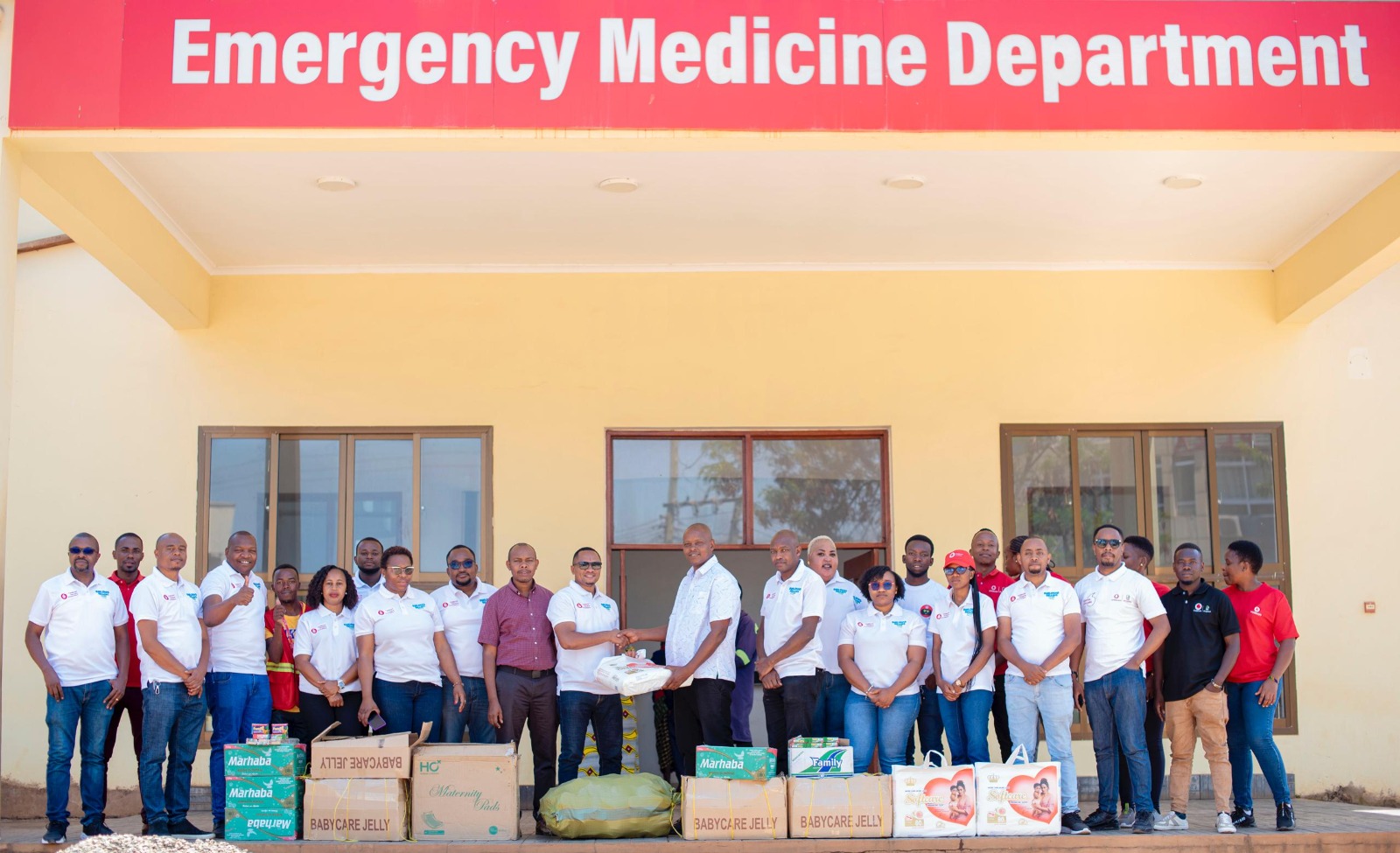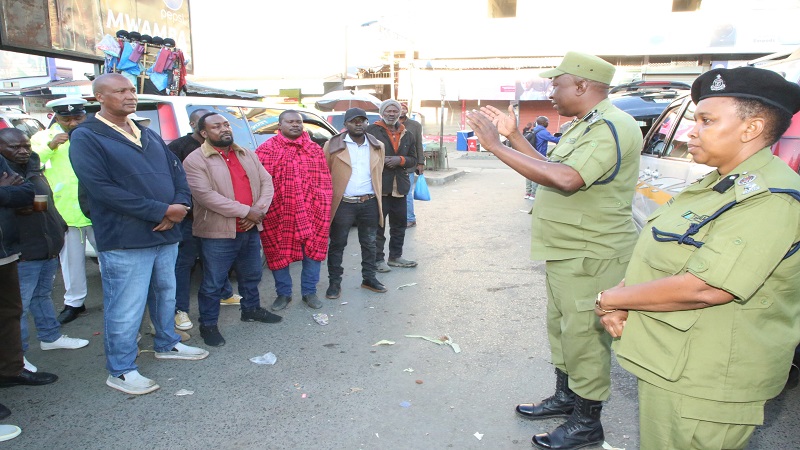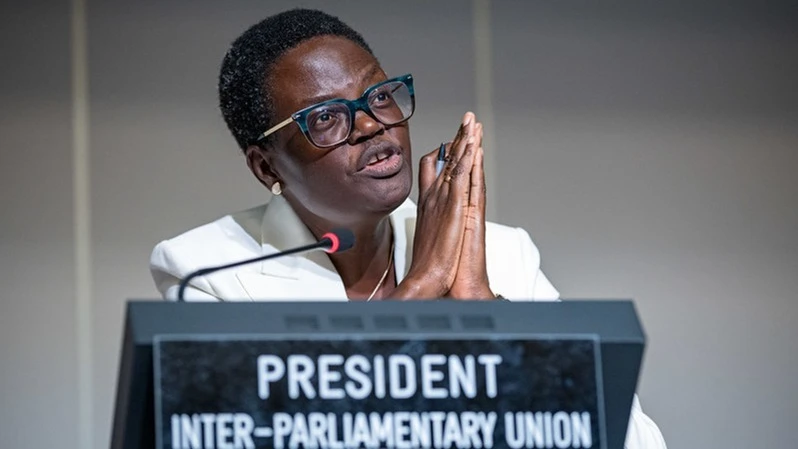Countries advised to invest in research & development
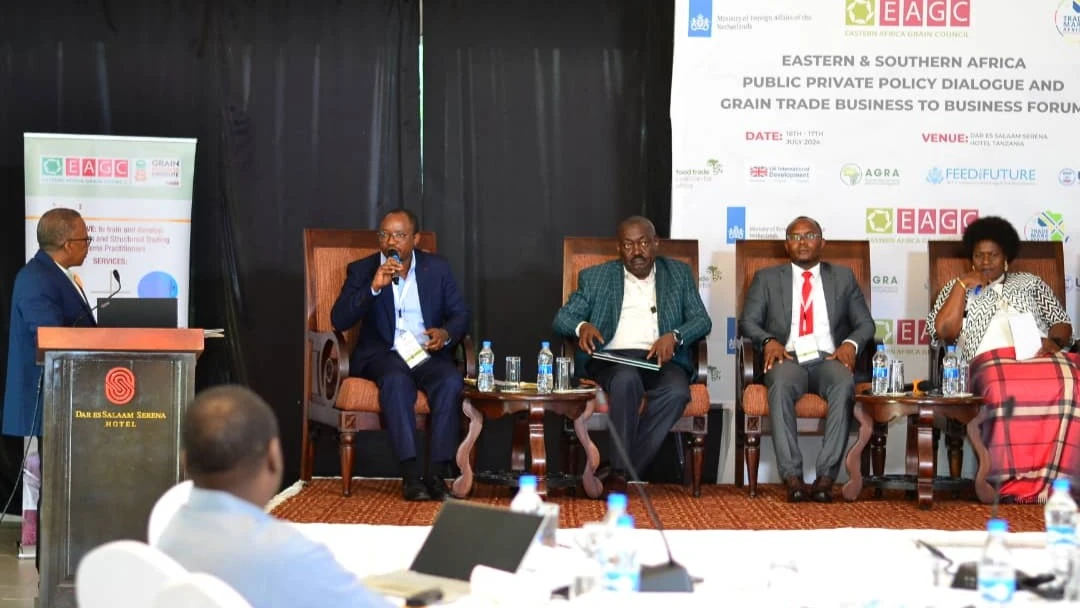
THE Eastern and Southern Africa countries have been advised to invest in Research and Development (R&D) on new varieties for farmers to cope with the effects of climate change and assist businesspersons to obtain high quality grain for export value chain and domestic use.
Dr. Abel Mtembeji, market officer, Ministry of Agriculture’s department of food security and made the statement last week when speaking to private and public sector players in the staple foods export value chain, government agencies and regulatory authorities from nine countries who attended two-days Eastern and Southern Africa Public-Private Policy and grain trade Business to Business (B2B) forum.
He named countries as Tanzania, Kenya, Ethiopia, Democratic Republic of the Congo, Rwanda, Uganda, Zambia, Burundi and Malawi.
Also, he said countries should invest in irrigation Infrastructure development to help farmers in their respective countries manage risks caused by climate change, increase resilience to climatic shocks, increase food security, farmers’ incomes and boost grain exports.
Tanzanian government has been able to set-aside 30 percent from the 2024/2025agricultural budget for irrigation infrastructure and 30 percent for Research and Development (R&D) to produce high quality seed for agricultural activities and grain production.
The forum was organized by the Eastern Africa Grain Council (EAGC), TradeMark Africa (TMA) with funding from UK International Development, Alliance for a Green Revolution in Africa (AGRA), Feed the Future, the United States Agency for International Development (USAID) and Food Trade Coalition for Africa.
“You as importer, exporter, you have to sit together to discuss and see that Non-tariffs barriers does not affect our people, disturbing your grain trade, identify all challenges affects your grain trade for export and later on submit it to the government in your respective countries to facilitate grain trade,” he said
Nicholus Mainza, Zambia - Ministry of agriculture, chief agricultural Economist trade and agribusiness added that in promoting grain production, other countries can learn from Zambia on what has been done so that they can do better to feed ourselves as Eastern and Southern Africa.
He said through Sustainable Agriculture Financing Facility (SAFF), Zambia has embarked on the provision of affordable loans to medium scale farmers to enhance production of maize and soybean and diversify into livestock production.
“We use commercial banks to disburse loans to farmers, we provide oversight for sustainability and we have also enticed commercial farmers to grow maize at an agreed price, which reflects the real deal.
Zambia targets to reach 10, 000, 000 metric tons of maize by 2027, also 1, 000, 000 metric tons of Soybeans by year 2027, and 1, 000, 000 metric tons of Wheat by 2027 as our priority value chains.
So far, we are on course despite the draught for last season. Also they have opened up 10 farm blocks with 100, 000 hectares each in 10 provinces of our country.
Mainza noted that, despite going through a devastating year or season 2023/24 with a serious draught which impacted negatively on our maize and other grain production.
Top Headlines
© 2024 IPPMEDIA.COM. ALL RIGHTS RESERVED








